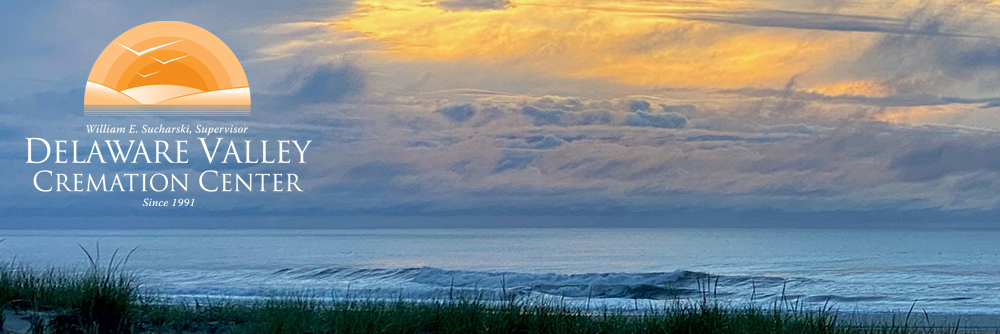Conversations That Matter – Part II
 As promised in last week’s blog, I have interviewed my friend Betty, a registered nurse with more than 45 years healthcare experience including oncology and hospice work. She offers her insight and opinion on the conversations that must take place between generations.
As promised in last week’s blog, I have interviewed my friend Betty, a registered nurse with more than 45 years healthcare experience including oncology and hospice work. She offers her insight and opinion on the conversations that must take place between generations.
I understand that it is important for people to have an advance health care directive to detail their wishes in case of a health care emergency. Is it sufficient having this legal document to let others know what you do or don’t want to happen? Part of the job of the nurse admitting someone to the hospital is to inquire whether or not they have an advance directive. Asking this question was legally mandated in the 90’s and is nothing new Many people stated they had advance directives, but they were in their lawyer’s offices. If you stop breathing in the hospital, the staff must take immediate action. They can’t wait to call your lawyers. They would also say “I brought it in last time, and it is in my file,” You don’t call medical records in the middle of the night to get a copy when someone has stopped breathing. The people who call the shots are the ones who are present. When in doubt-as is the case of someone admitted to the emergency room who is unconscious-they will be resuscitated. In my own family, my father-in-law had an advance directive which clearly stated “do not resuscitate”, but in the emergency room when he stopped breathing, the doctors turned to his wife and she said “save him.” He was resuscitated against his wishes and his written directives.
So obviously even having an advance directive and family members present doesn’t guarantee that your wishes will be followed? Right. Because the family gets to make the calls at the end of life and they are likely to be there, it is of the utmost importance that we all communicate with our loved ones about what we would want done in some of the usual situations. Having a living will does not take care of the problem by itself, or guarantee that your wishes will be followed. It is an excellent beginning, and may help loved ones feel less guilty about following your wishes. No one can foresee all of the complications that occur at the end of life but talking with family members is the most important thing you can do. In the act of telling your loved ones that you have a written advance directive, it gives you the opportunity to begin the conversation about what kind of care you want at the end of your life. Most people don’t want to hear it. Often those who love you and depend upon you would rather not talk about losing you. But it is the most loving thing you can do Listen. Talk about how it feels to make this decision. Painful, in most cases. It is an opportunity to reaffirm your love for each other. Promising to carry out someone’s end of life wishes is one of the most loving testaments you can make.
Would you share your personal decisions with us? I have reviewed my end of life wishes ad nauseam with both my daughters. I have a living will in my box of important papers, and my daughters know where that is Don’t put it in a safe deposit box as you’ll never be able to get it from there when you need it. I carry mine with me in my purse .Remember, an advance directive is only in effect if you cannot communicate your wishes due to your illness As long as you are conscious and somewhat coherent, you are still in charge.
What would you say to those who feel they can’t or won’t have “the conversation?” People who avoid talking about death and dying are missing one of life’s great opportunities to appreciate living. If we could live forever, it might matter less what we do. But we can’t. Many spiritual traditions throughout time and across all cultures advocate an awareness that death is ever present in our lives, and that this knowledge ENHANCES our awareness of life. In the past, before we medicalized both birth and death, the miracle of birth and the finality of death were everyday experiences for everyone. Babies were born at home, and people died at home. It was part of being in a family .Now it all happens behind closed doors with strangers in charge. It’s a terribly important subject and really worth talking about.
I greatly appreciate Betty’s candid talk on the necessity of speaking to those we love about end of life decisions. Now I invite you to take a seat at the table and share your experience or opinion on this important topic.
Were you able to talk to your relatives before something critical happened? Were you sure what their wishes were? Did you feel torn about carrying those wishes out? Do you know what your wishes are? What advice would you give to someone who has no plan in place? Please comment below.
Next week, I would like to publish some of your responses and continue this conversation that matters.
Tags: advance health care directives, Conversations with loved ones, end of life decisions, families
